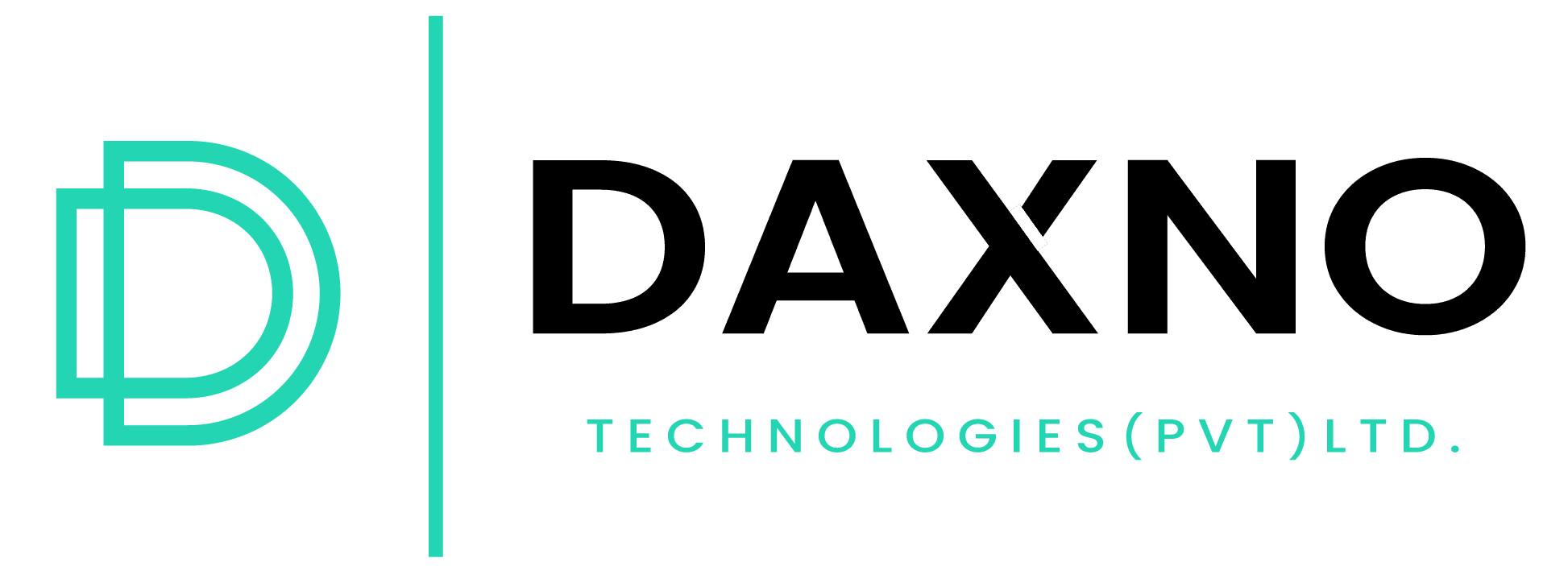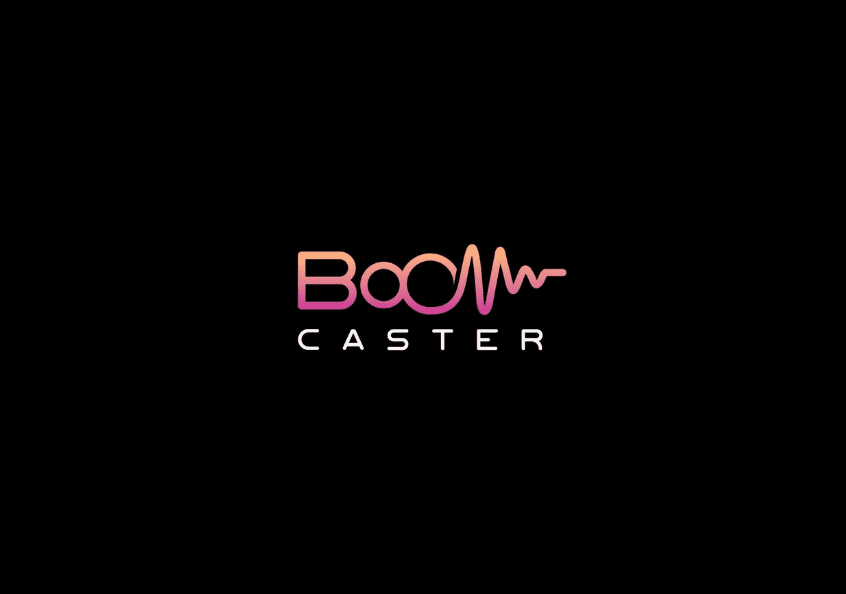In the realm of financial management, the choice between Sage 100 ERP and Cloud-based solutions has become a pivotal decision for businesses seeking efficient and streamlined operations. Each option presents a distinct set of advantages and considerations, prompting organizations to weigh their needs and aspirations carefully.

Sage 100 ERP: Tradition Meets Functionality
Sage 100 ERP stands as a stalwart in the financial software arena, renowned for its robust features and comprehensive capabilities. Offering modules for accounting, inventory management, human resources, and more, Sage 100 ERP caters to diverse business requirements. Its on-premises nature provides a sense of security and control, appealing to organizations with stringent data privacy concerns.
However, its traditional setup might pose limitations in terms of scalability and accessibility. Updates and maintenance often necessitate IT involvement, potentially leading to higher operational costs and slower adaptability to evolving market demands.
"Choosing between Sage 100 ERP and Cloud-based financial solutions? Sage offers robust features, but Cloud's scalability and accessibility could be game-changers for your business. Consider your needs wisely! 💼💻 #ERP #CloudSolutions #Finance"
On the other hand, Cloud-based financial solutions present a modern alternative. Their scalability, flexibility, and accessibility empower businesses to adapt swiftly to changing landscapes. These solutions offer real-time updates, remote accessibility, and cost-effectiveness, making them an attractive choice for organizations prioritizing agility and innovation in financial management.
The decision between Sage 100 ERP and Cloud-based solutions ultimately hinges on an organization’s specific needs, risk tolerance, and growth aspirations. While Sage 100 ERP embodies reliability and robust functionality, Cloud-based solutions promise agility, scalability, and accessibility in an ever-evolving financial landscape.




